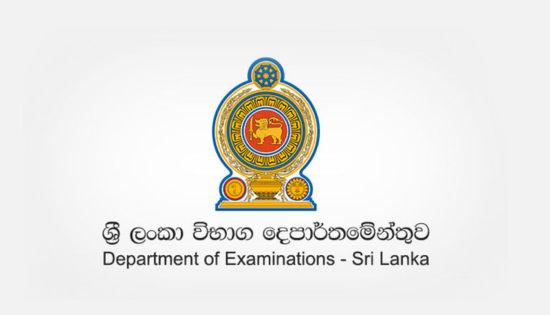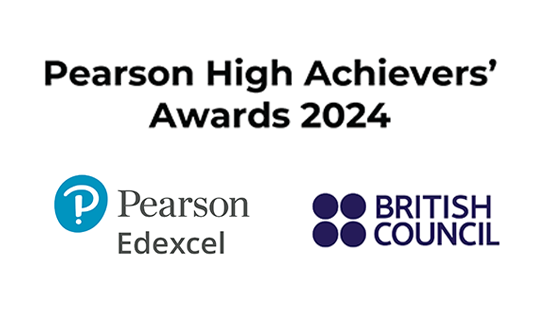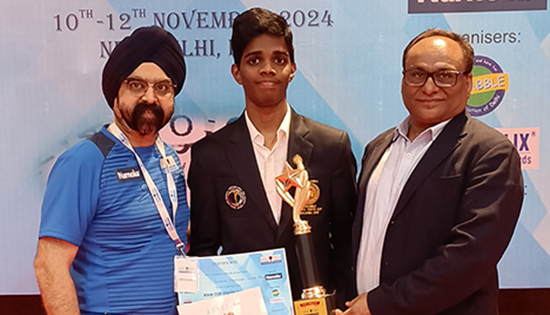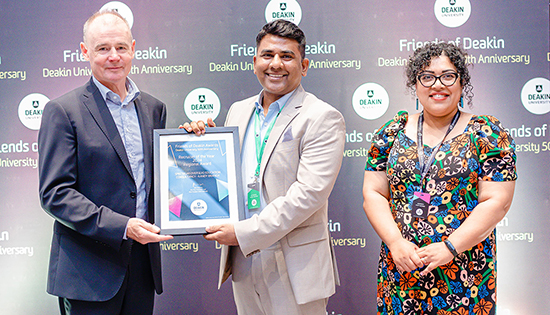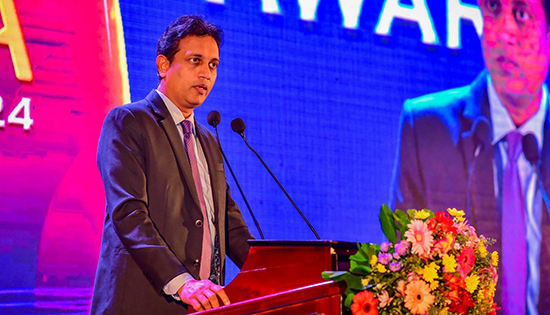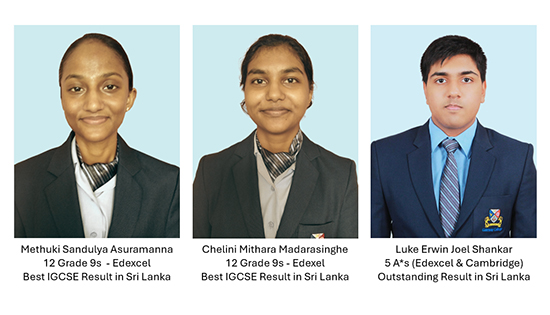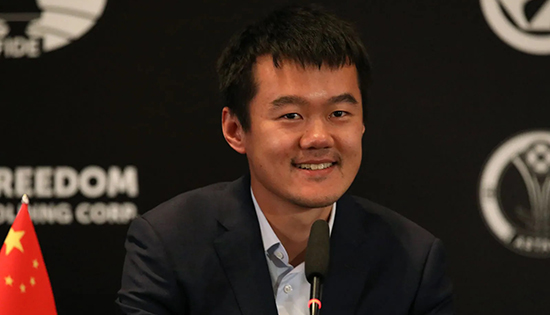Harnessing CDP and Generative AI to Transform Personalized Neurorehabilitation for Brain Tumor Patients
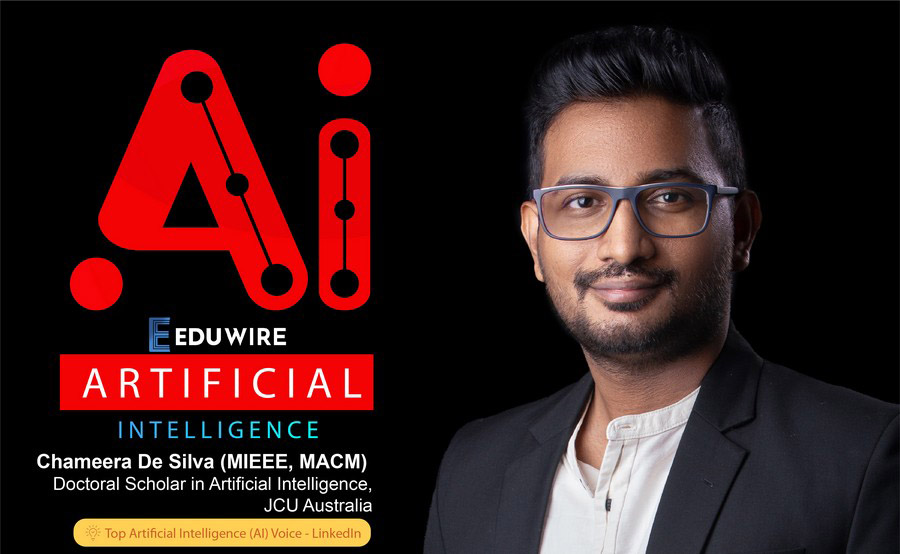
Brain tumor patients face a range of complex challenges, from cognitive to physical impairments, but one of the most critical yet overlooked aspects is balance dysfunction. Pre-surgical assessment of balance can significantly shape surgical outcomes, rehabilitation, and overall quality of life for patients. Traditionally, neurosurgeons have relied on clinical evaluations and imaging to assess risks, but a more comprehensive, data-driven approach is emerging. Computerized Dynamic Posturography (CDP) and Generative AI (Gen AI) together offer a revolutionary solution, adding depth to pre-surgical planning and improving patient outcomes.
The Role of CDP in Balance Assessments
CDP is a cutting-edge tool that quantifies a patient’s ability to maintain balance under various conditions. This technology tests how well patients respond to changes in their environment, measuring sensory and motor control of balance. By identifying specific deficits before surgery, neurosurgeons can anticipate potential complications and customize their approach to minimize damage to critical areas involved in balance control.
CDP also provides objective, quantifiable data that offers a reliable baseline for post-surgical recovery, making it invaluable for both surgeons and rehabilitation teams. Pre-surgical balance assessments, powered by CDP, allow medical teams to tailor interventions that reduce the risk of falls and optimize recovery timelines, enhancing the patient’s quality of life both during and after treatment.
How Generative AI Enhances CDP Data
While CDP offers valuable insights, the sheer amount of data it generates can be overwhelming. This is where Generative AI steps in as a transformative tool. By analyzing vast datasets produced by CDP assessments, Gen AI can help detect subtle patterns in a patient’s balance dysfunction that might otherwise go unnoticed. These patterns can be linked to specific brain regions, helping surgeons predict how different surgical approaches might affect balance and other motor functions. Additionally, Generative AI can simulate various surgical outcomes based on pre-surgical data, helping neurosurgeons make better-informed decisions. For example, AI algorithms can generate predictions about how a patient’s balance might be impacted depending on the approach taken during surgery. This capability allows for a more refined and individualized surgical plan, minimizing risks while maximizing the chances of a successful outcome.
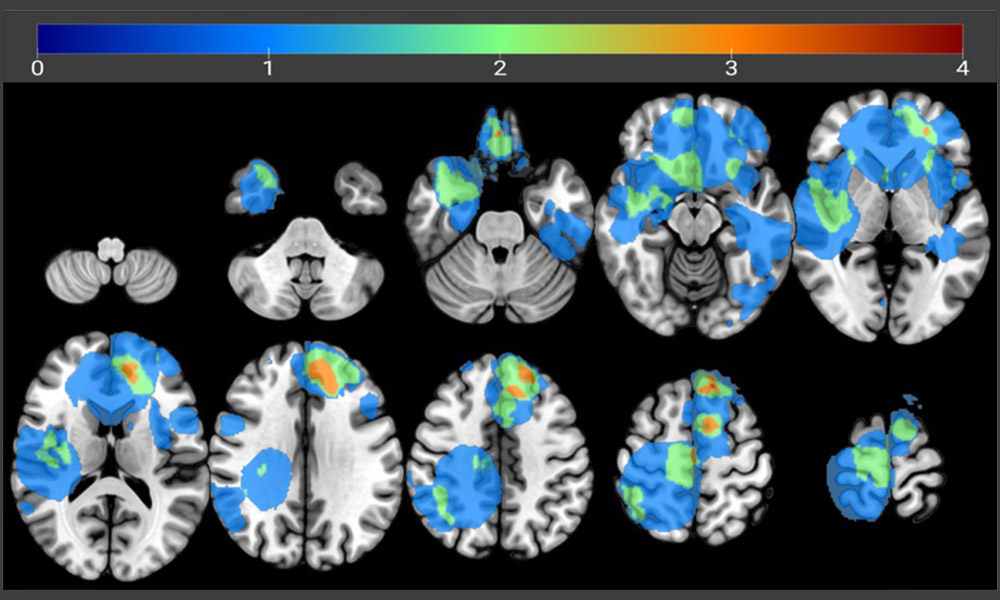
Figure 1: Neuroimaging data showing altered brain activity in regions associated with motor control and balance (cerebellum, thalamus, motor cortex), overlaid with color-coded intensity maps. This visualization helps correlate balance dysfunction in brain tumor patients with specific structural abnormalities.
Optimizing Rehabilitation with CDP and AI
Beyond the operating room, the combination of CDP and Generative AI has the potential to revolutionize post-operative rehabilitation. AI algorithms can track a patient’s progress, comparing their post-surgical balance performance to their pre-surgical baseline. This allows for the creation of personalized rehabilitation programs that evolve in real-time as the patient improves. AI can also predict potential setbacks or complications in recovery, enabling early interventions that can significantly improve long-term outcomes.
A New Era in Pre-Surgical Planning
The integration of CDP and Generative AI is ushering in a new era of pre-surgical planning for brain tumor patients. By providing a more detailed and comprehensive understanding of balance dysfunctions, these technologies allow for truly personalized care. Patients can benefit from more accurate surgical interventions and tailored rehabilitation strategies, ultimately leading to better outcomes and improved quality of life. The collaboration of CDP and Generative AI represents a game-changing advance in the field of neurosurgery. As these technologies continue to evolve, they hold the potential to reshape how we approach not only brain tumor surgeries but also the broader realm of neuro-rehabilitation. This integration marks a significant step toward more precise, data-driven, and patient-centered care.
Related News
Gateway’s Adheesha and Imad win World and Asian Youth Scrabble Championships
Four members of the Gateway College Colombo Scrabble team participated in the Asia Cup Youth Scrabble Championship held in New Delhi earlier…
Read MoreSpectrum Overseas Kandy Branch Honoured with Recruiter of the Year 2024 – Regional Award
Celebrating Professional Excellence at the Friends of Deakin Awards Kandy, Sri Lanka – Spectrum Overseas Education Consultancy's Kandy Branch has been awarded…
Read MoreCA Sri Lanka’s APFASL recognises public sector financial excellence at BARA Awards 2024
CA Sri Lanka President Mr. Heshana Kuruppu addressing the event. The Association of Public Finance Accountants of Sri Lanka (APFASL), the Public…
Read MoreGateway students achieve the Best awards for iGCSEat the Pearson Edexcel High Achievers’ Awards 2024
Chelini MitharaMadarasinghe and MethukiSandulyaAsuramanna were recognized for achieving the Best International GCSE results in Sri Lanka at the Pearson Edexcel High Achievers’…
Read MoreThe Inspiring Journey of Ding Liren: From Wenzhou to World Chess Championship Glory
Ding Liren, born on October 24, 1992, in Wenzhou, China, has risen to the pinnacle of the chess world, becoming an icon…
Read MoreCourses
-

IMC – Bachelor of Psychology
IMC Education Overview IMC Campus in partnership with Lincoln University College (LUC) Malaysia offers Bachelor of Psychology Degree right here in Sri… -

ANC – BA (Hons) International Business Management (Top-Up)
ANC Education Overview Designed in partnership with public and private business organizations, this program develops one’s ability to critically evaluate business models… -

IIT – BSc (Hons) Computer Science
IIT Campus Overview BSc (Hons) Computer Science provides a solid foundation and training regarding the fundamentals of the computer science field, along… -

APIIT – BSc (Hons) Cyber Security
APIIT Sri Lanka Overview Our BSc (Hons) Cyber Security award is designed to launch your future career in the protection of software… -

ICBS – BSC (Hons) Business Management with Marketing Management
ICBS Overview The BSc (Hons) Business Management with Marketing program, awarded by Queen Margaret University (QMU), is a highly regarded degree that… -

UTS – Diploma of Science
UTS College Sri Lanka Overview The Diploma of Science is designed to empower you to apply scientific thinking and analysis to important… -

CSA – Master of Architecture and Environmental Design
City School of Architecture Overview The Master of Architecture and Environmental Design Degree at CSA is awarded by the University of the… -

APIIT – BSc (Hons) International Business Management
APIIT Sri Lanka Overview Increasingly businesses are becoming more and more international. This requires business management professionals to have knowledge, skills and… -

IIT – BSc (Hons) Artificial Intelligence And Data Science
IIT Campus Overview The BSc (Hons) Artificial Intelligence and Data Science course is awarded by Robert Gordon University (RGU) in the UK… -

ICBS – International Degree Foundation in Business / IT
ICBS Overview The Scottish Qualification Authority (SQA) is a globally recognized organization dedicated to education and qualification development. SQA is responsible for… -

APIIT – BA (Hons) Finance and Business Enterprise
APIIT Sri Lanka Overview Finance and accounting are no longer just about taxation and the management of financial capital. This award will… -

APIIT – MBA General
APIIT Sri Lanka Overview The MBA is awarded by Staffordshire University, UK. This award is an advanced course of study in management… -

ANC – LLM in International Business & Commercial Law
ANC Education Overview This course is designed for graduates of law, business and finance in a legal or a corporate job role… -

AOD – BA (Hons) Fashion Design and Marketing
Academy of Design Overview The syllabus is from the UK’s Northumbria University, as one of their most revered flagship programmes and is… -

APIIT – MSc. Marketing Management
APIIT Sri Lanka Overview This MSc Marketing Management degree – awarded by Staffordshire University, UK is an advanced course of study in…
Newswire
-
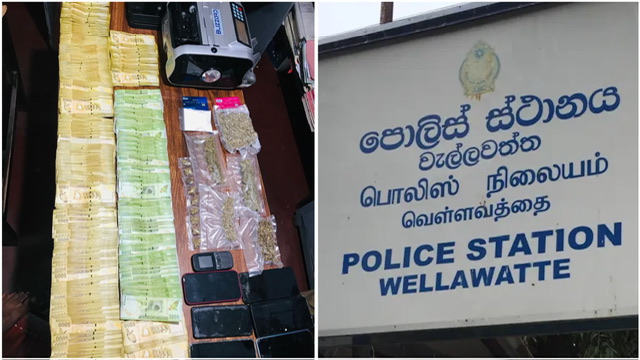
Drug dealer busted in Wellawatta: 3 young men arrested
ON: December 15, 2024 -

Weather today: Over 100 mm rain for 3 provinces
ON: December 15, 2024 -

Two shooting incidents reported in Colombo District
ON: December 15, 2024 -

17 Sri Lankans Deported from Israel
ON: December 14, 2024 -

Gullo in imported rice : Ordered to re-export
ON: December 14, 2024

